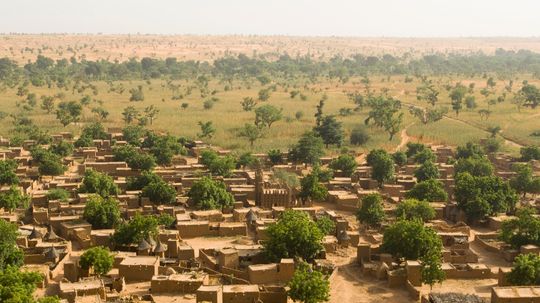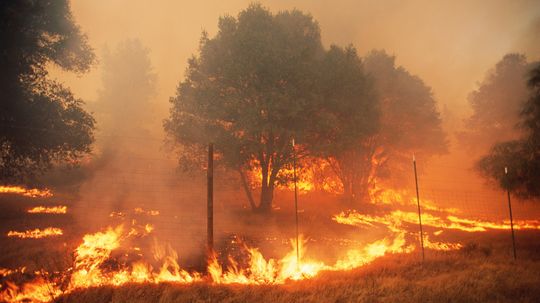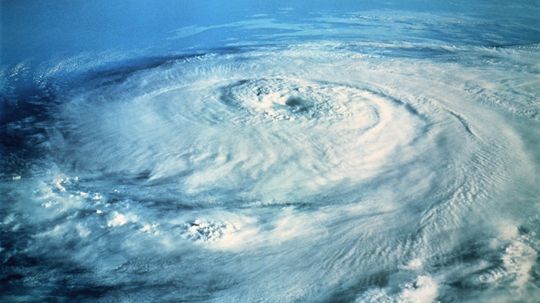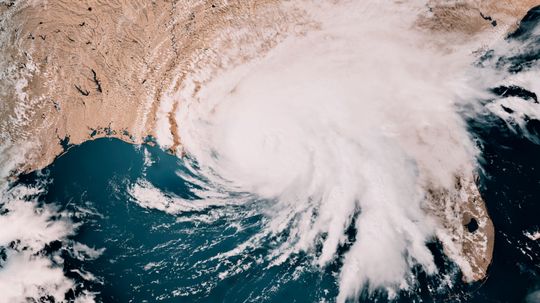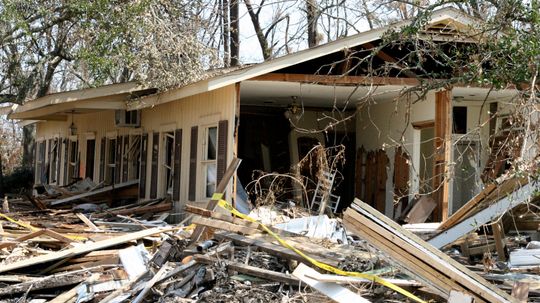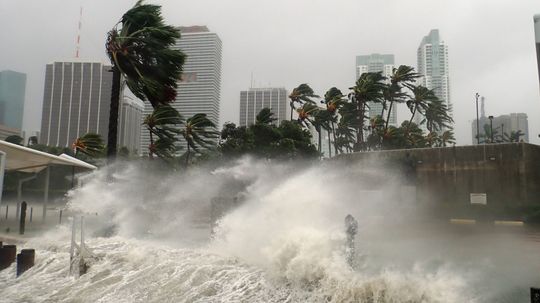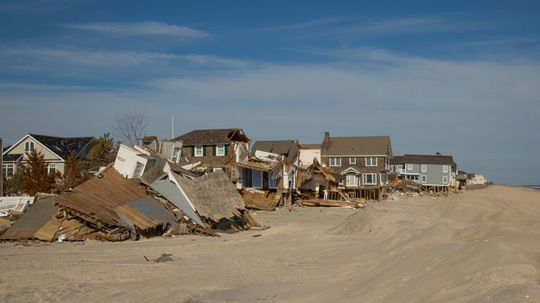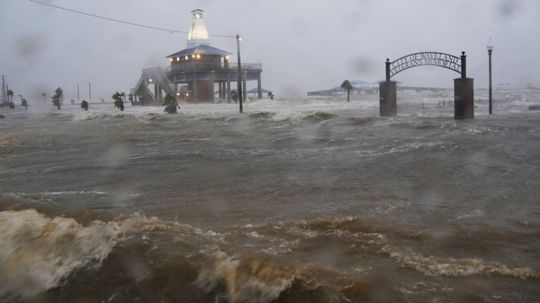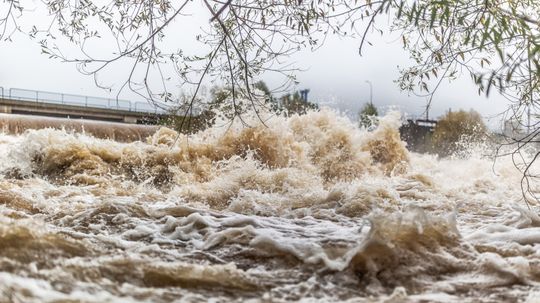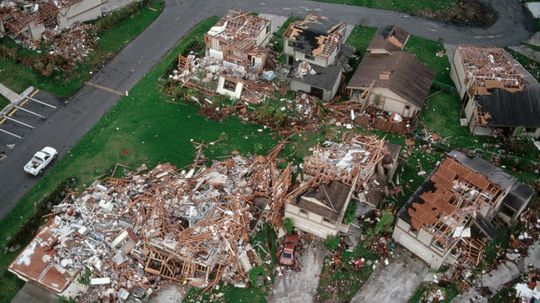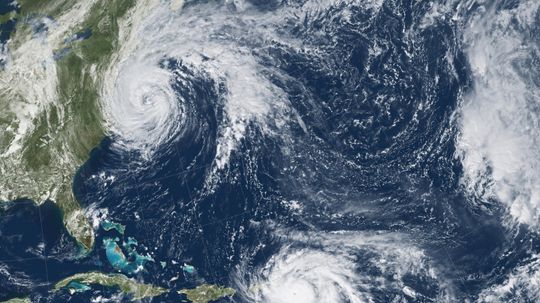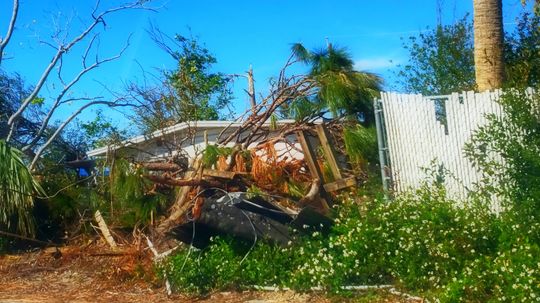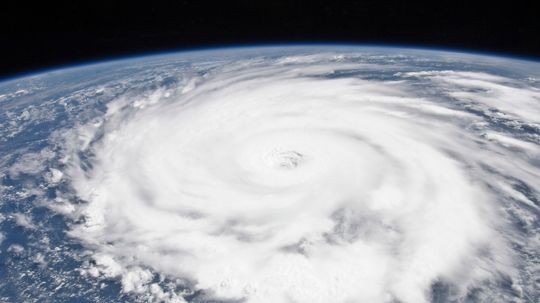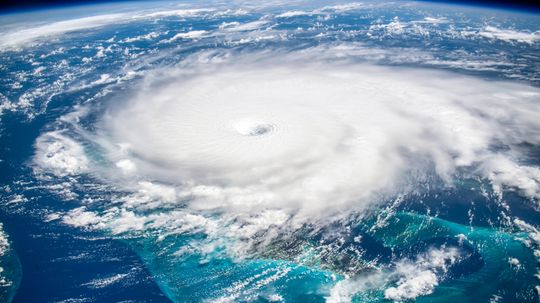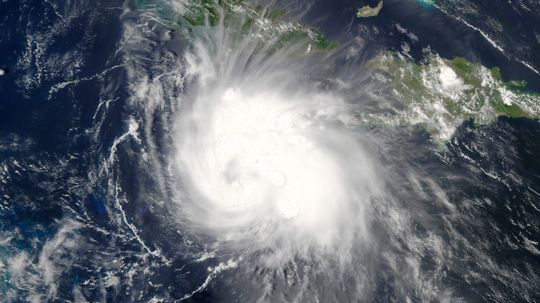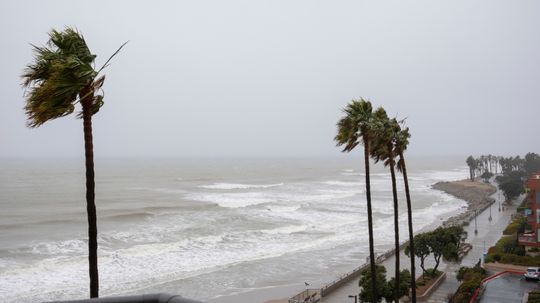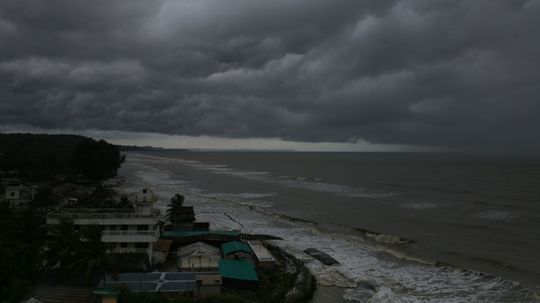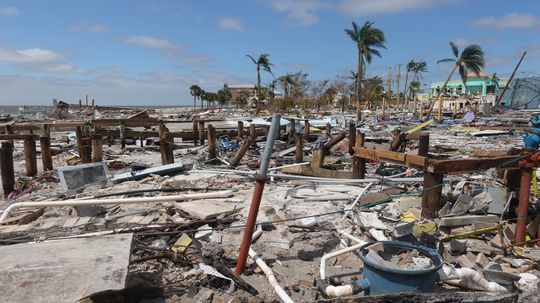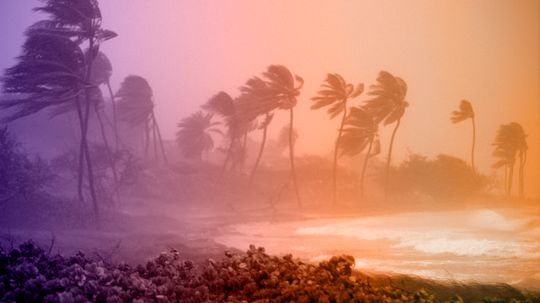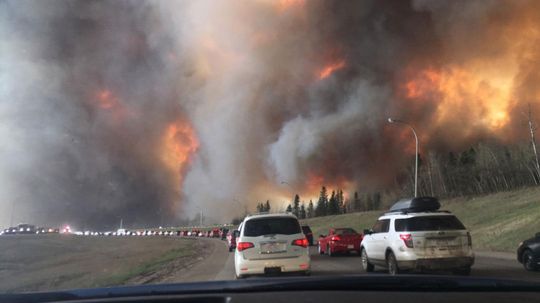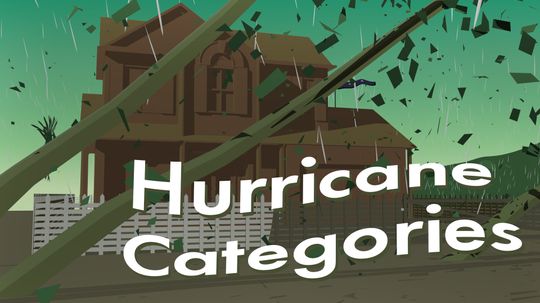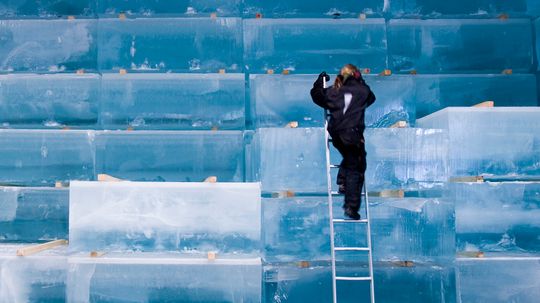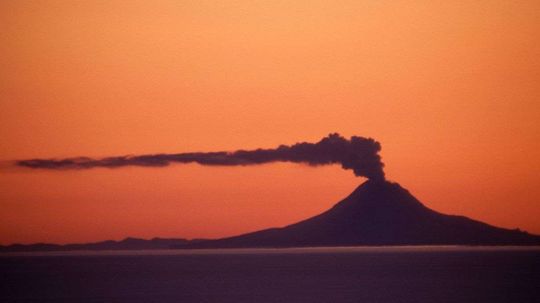Forces of Nature
We see the destruction that the Earth can unleash in the news on a regular basis. Here you can learn about hurricanes, tornadoes, earthquakes and other forces of nature.

Best Weather in the World: 10 Temperate Locales

10 States With the Best Weather Year-round

Find the Best Weather in the U.S. in These 8 Cities
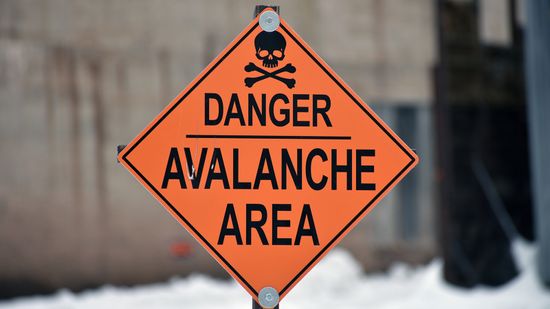
10 Deadliest Avalanche Disasters, Including One With 20K Casualties
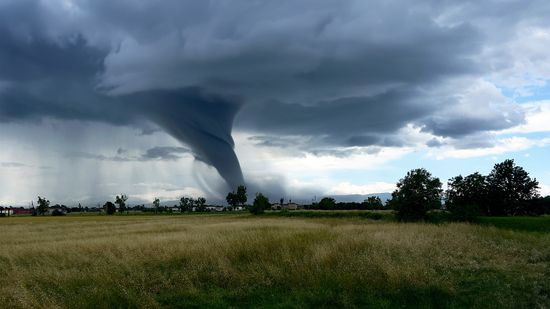
Where Are Tornadoes Most Common Around the World?
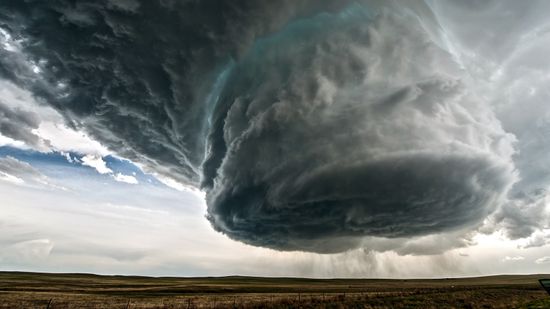
8 States With the Most Tornadoes in the U.S.
Learn More / Page 2
Death Valley is one of the hottest places on Earth. With a record high of 134 degrees Fahrenheit (56.7 degrees Celsius), the California national park is sweltering, but it is not even one of the top 10 hottest states in the U.S.
By Yara Simón
Did you know that some places on Earth can get so hot that local wildlife has evolved specifically to survive the extreme conditions? In these regions, the heat isn't just a summer wave; it's a constant presence.
The U.S. government is investing over US$7 billion in the coming years to try to manage the nation's escalating wildfire crisis. That includes a commitment to treat at least 60 million acres in the next 10 years by expanding forest-thinning efforts and controlled burns.
By Jamie Peeler
Advertisement
Discover the impact of a Category 3 hurricane. Explore its characteristics and effects. Understand the force of a Category 3 hurricane today.
By HowStuffWorks
Discover the impact of a Category 1 hurricane. Explore its features and effects. Understand the dynamics of Category 1 hurricanes today.
By HowStuffWorks
Explore the impact of Hurricane Katrina. Understand its devastation and aftermath. Learn about the history of Hurricane Katrina today.
By HowStuffWorks
Explore the impact of Hurricane Irma. Understand its path and effects. Learn about the history of Hurricane Irma today.
By HowStuffWorks
Advertisement
Explore the impact of Hurricane Sandy. Understand its destruction and aftermath. Learn about the history of Hurricane Sandy today.
By HowStuffWorks
Explore the impact of Hurricane Ida. Understand its path and aftermath. Learn about the history of Hurricane Ida today.
By HowStuffWorks
Explore the impact of Hurricane Harvey. Understand its devastation and aftermath. Learn about the history of Hurricane Harvey today.
By HowStuffWorks
Explore the impact of Hurricane Andrew. Understand its devastation and historical significance. Learn about Hurricane Andrew today.
By HowStuffWorks
Advertisement
Explore the impact of Hurricane Maria. Understand its devastation and aftermath. Learn about the history of Hurricane Maria today.
By HowStuffWorks
Explore the impact of Hurricane Michael. Understand its devastation and aftermath. Learn about the history of Hurricane Michael today.
By HowStuffWorks
Discover how a hurricane forms. Explore the process of hurricane formation and its stages. Uncover the science behind hurricanes.
By HowStuffWorks
Typhoon vs. Hurricane: Uncover the differences and similarities between these powerful tropical storms. Learn about their formation and impact.
By HowStuffWorks
Advertisement
Hurricane Charley: Unveiling the Impact and Aftermath of this Devastating Storm. Explore its path, damage, and lessons learned.
By HowStuffWorks
California Hurricane: Exploring the Rare Phenomenon and Potential Impacts. Learn about the history, preparation, and coastal vulnerability.
By HowStuffWorks
When is Hurricane Season? Discover the crucial dates and regions of hurricane occurrence. Learn how to prepare and stay safe.
By HowStuffWorks
Unearth the Worst Hurricanes in US History: Catastrophic storms that shaped landscapes, impacted communities, and left indelible marks on the nation.
By HowStuffWorks
Advertisement
Dive into Category 4 Hurricanes: Intense tropical cyclones with devastating winds, causing significant damage and posing major threats to coastal areas.
By HowStuffWorks
The effects of wildfire smoke are different than those of other types of air pollution. But just how harmful to humans is it?
Hurricanes can range in strength from Category 1 all the way to Category 5. Learn more about hurricane categories in this HowStuffWorks Illustrated video.
Ice cubes usually look cloudy and opaque in the middle, despite the fact that water is clear. What's the deal?
By Mark Mancini
Advertisement
From hurricanes, to earthquakes, to tornadoes, there's no shortage of potential disasters that can ruin homes and devastate lives. Think you're ready to survive the next disaster? Take this quiz and find out.
More than two centuries ago, the biggest volcanic explosion in human history occurred. And it had far-reaching effects.

